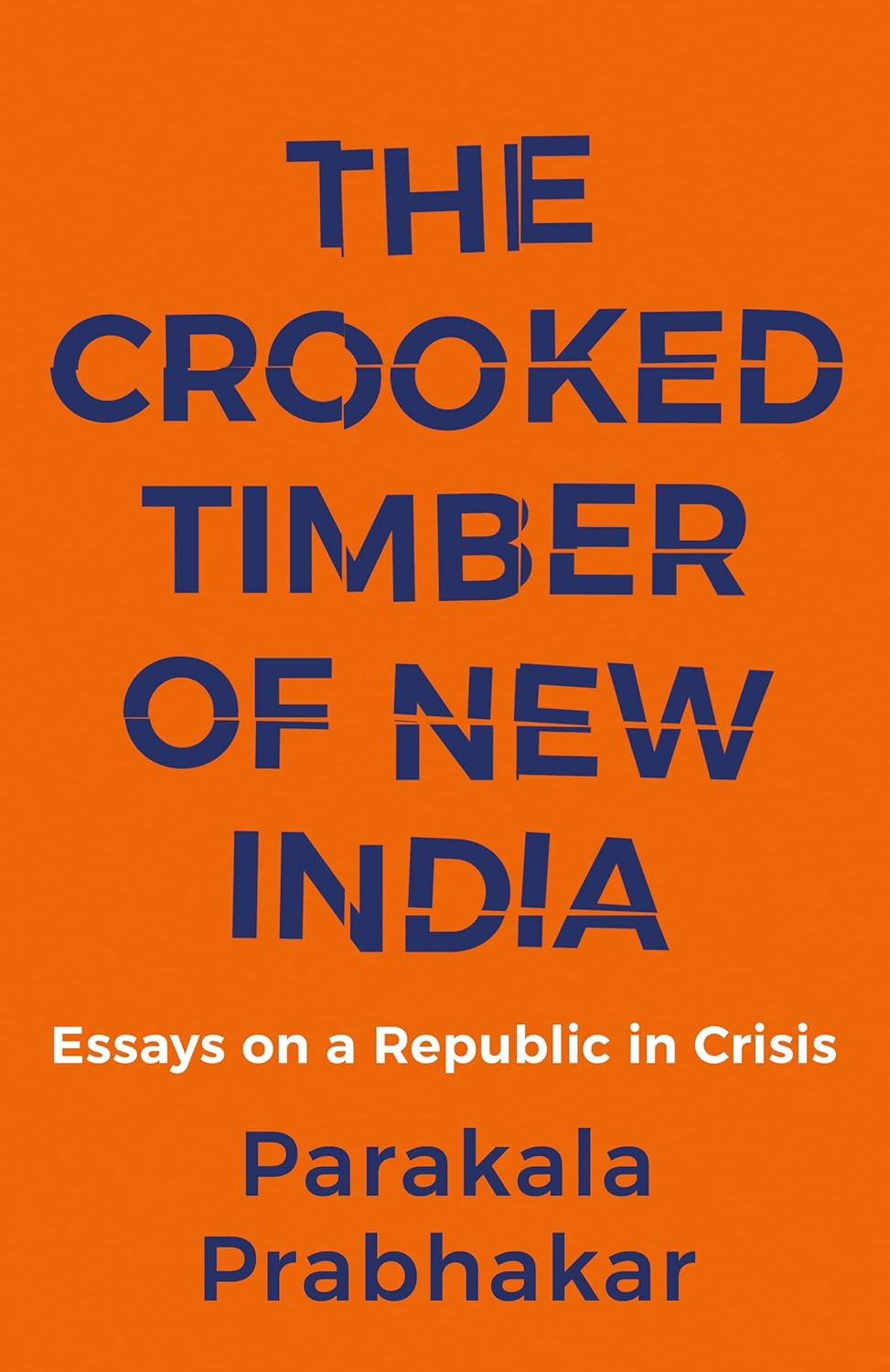Description
“The Crooked Timber of New India” sounds like a thought-provoking and evocative title, suggesting a narrative that explores the complexities and contradictions of contemporary Indian society.
The phrase “crooked timber” may allude to the imperfect nature of humanity or society, drawing from philosopher Immanuel Kant’s idea that “out of the crooked timber of humanity, no straight thing was ever made.” In the context of India, it could imply the presence of deep-rooted flaws or challenges within the social, political, or cultural landscape.
The addition of “New India” suggests a focus on the modern era, perhaps reflecting the aspirations, transformations, and conflicts that accompany India’s journey as a rapidly developing nation.
As a title, “The Crooked Timber of New India” could introduce a novel, a work of non-fiction, or a collection of essays that delves into the multifaceted aspects of Indian society. It might explore themes such as identity, tradition versus modernity, inequality, corruption, or the clash between tradition and progress.
Overall, this title promises a nuanced and introspective exploration of contemporary India, offering insights into its complexities, contradictions, and the challenges faced on the path to progress and development.













Reviews
There are no reviews yet.